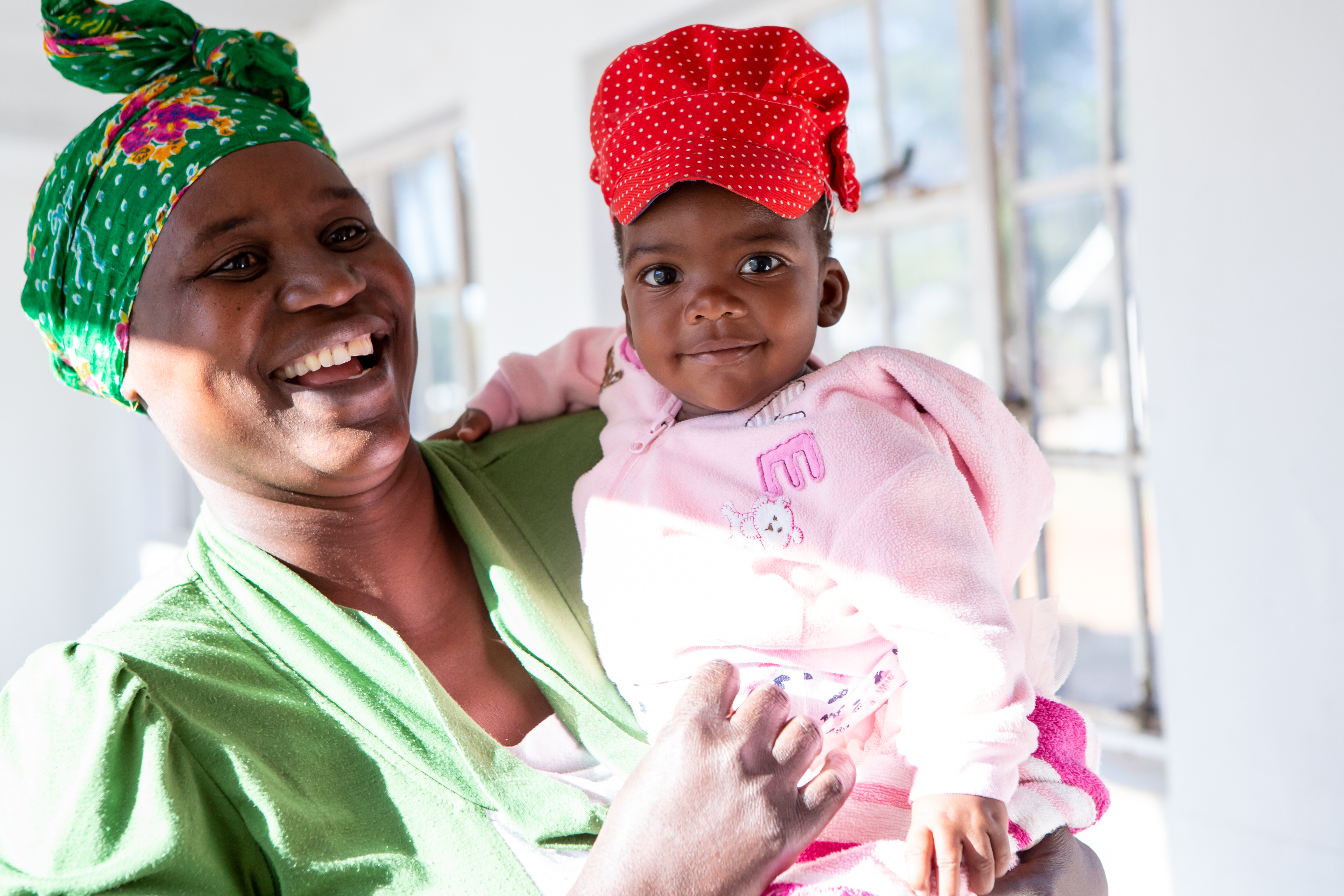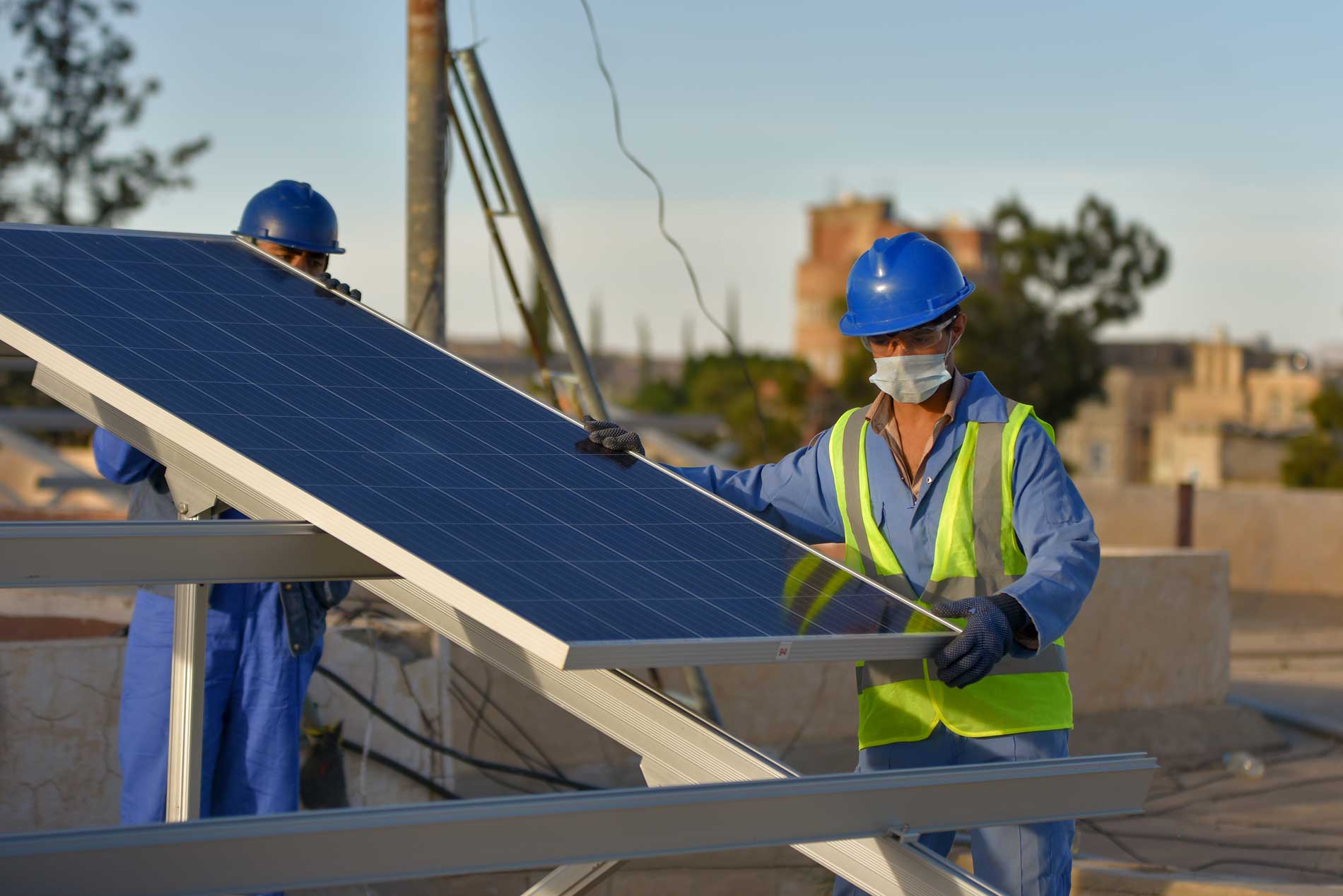Our work areas
Energy and Health
Our focus
UNDP focuses on three key pillars of the health-energy nexus.
-
Electrification of rural health centres: our Solar for Health initiative works with 15 countries to equip rural health centres with solar PV systems. To scale up future work, UNDP aims to implement innovative business and financing models as part of the Solar for Health initiative, such as developing energy as a service approach, which is currently being explored in five countries (Liberia, Malawi, Namibia, Zambia, and Zimbabwe).
-
Clean cooking: improving access to clean cooking solutions is a major lever to protect the billions of women and children who are exposed to harmful gas from open fires or inefficient stoves for cooking or heating. UNDP calls for clean cooking to be addressed as a key development priority.
-
Enabling cities to switch to sustainable transport: UNDP works with governments to enable cities and people to switch to low-carbon transport such as e-buses or cycling through integrated urban planning, fiscal incentives and innovative business models for e-mobility.

 Locations
Locations



